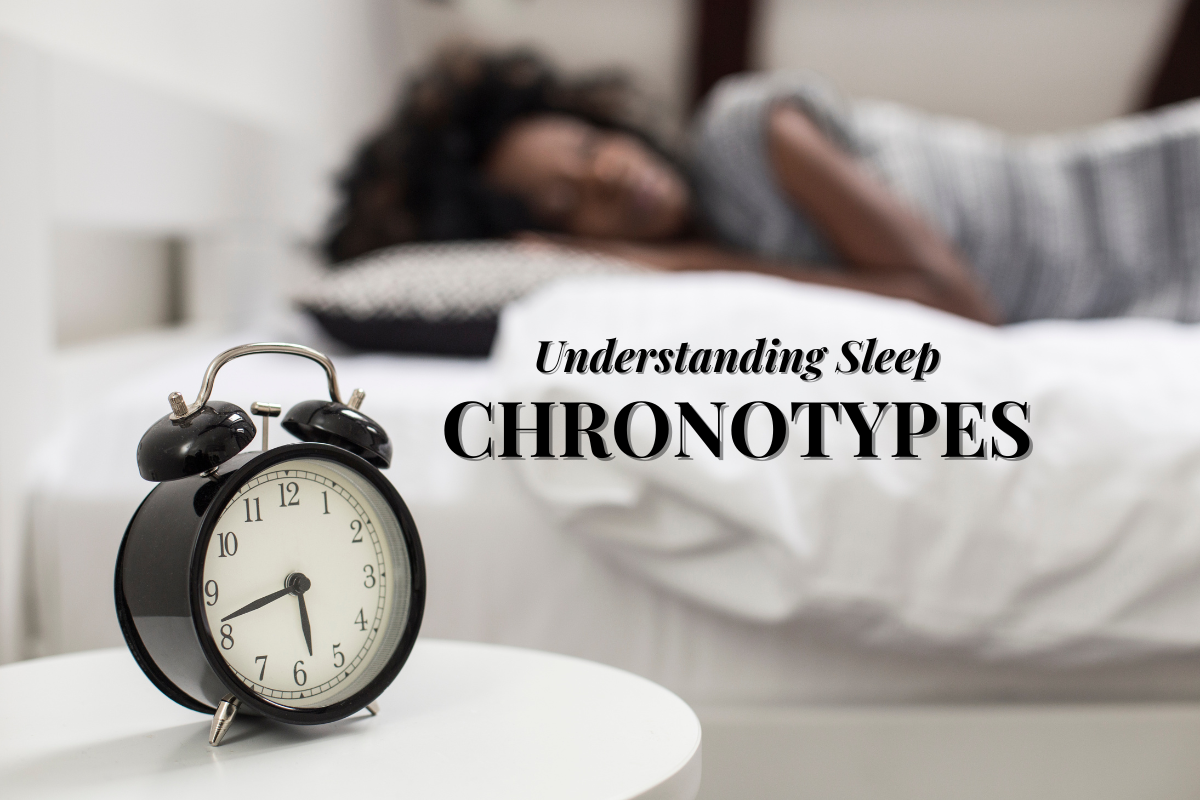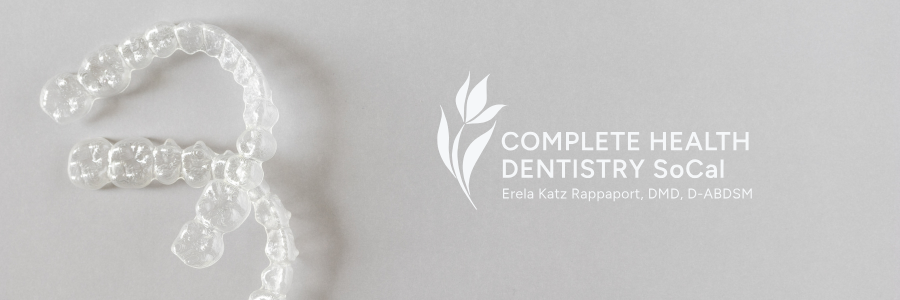Connection Between Obstructive Sleep Apnea and Dementia
Obstructive sleep apnea (OSA) has been linked to an increased risk of dementia for several reasons, primarily related to its effects on the brain and overall health. Here’s a breakdown of how OSA contributes to this risk:
1. Repeated Drops in Oxygen Levels (Hypoxia)
During episodes of OSA, the airway becomes blocked, causing a temporary stop in breathing. This results in reduced oxygen levels (hypoxia) in the blood and brain.
Impact on the Brain: Oxygen deprivation damages brain cells, particularly in areas responsible for memory and cognition, such as the hippocampus. Over time, this can contribute to cognitive decline and increase the risk of dementia, including Alzheimer’s disease.
2. Sleep Fragmentation and Poor Sleep Quality
OSA causes frequent awakenings throughout the night, even if they are so brief that you don’t remember them.
Impact on Brain Health: Sleep is crucial for the brain to clear out waste products, including beta-amyloid proteins, which are associated with Alzheimer’s disease. Poor sleep caused by OSA reduces this "cleaning" process, allowing harmful substances to build up in the brain.
Memory and Cognitive Function: Fragmented sleep impairs the consolidation of memory and cognitive processing, essential functions that occur during deep sleep.
3. Increased Inflammation
OSA is associated with chronic low-grade inflammation in the body.
Impact on the Brain: Inflammation can damage brain cells and contribute to the development of neurodegenerative conditions like dementia. Elevated inflammatory markers, commonly seen in OSA patients, are also found in those with Alzheimer’s disease.
4. Vascular Damage
OSA is a known risk factor for cardiovascular disease, including high blood pressure, stroke, and atherosclerosis (narrowing of the arteries).
Impact on Brain Health: Vascular damage reduces blood flow to the brain, depriving it of oxygen and nutrients needed for proper function. This "vascular dementia" pathway is one of the key connections between OSA and cognitive decline.
5. Shared Risk Factors
OSA and dementia share common risk factors such as obesity, diabetes, and aging.
Impact on Overall Health: OSA exacerbates these conditions, increasing the overall burden on the brain and accelerating cognitive decline.
Research Evidence
Studies show that individuals with untreated OSA are more likely to develop mild cognitive impairment (MCI), a precursor to dementia. Additionally:
Treatment with continuous positive airway pressure (CPAP) or oral appliances has been shown to slow cognitive decline in OSA patients.
MRI studies reveal that OSA can cause changes in brain structure, including shrinking of gray matter in memory-related regions.
Why This Matters
Early diagnosis and treatment of OSA may protect your brain health and reduce your risk of dementia. By improving oxygen flow, enhancing sleep quality, and reducing inflammation, interventions like oral appliance therapy can support long-term cognitive function.
If you or a loved one snores, experiences daytime fatigue, or has memory issues, addressing potential sleep apnea could be a vital step toward better brain health.












